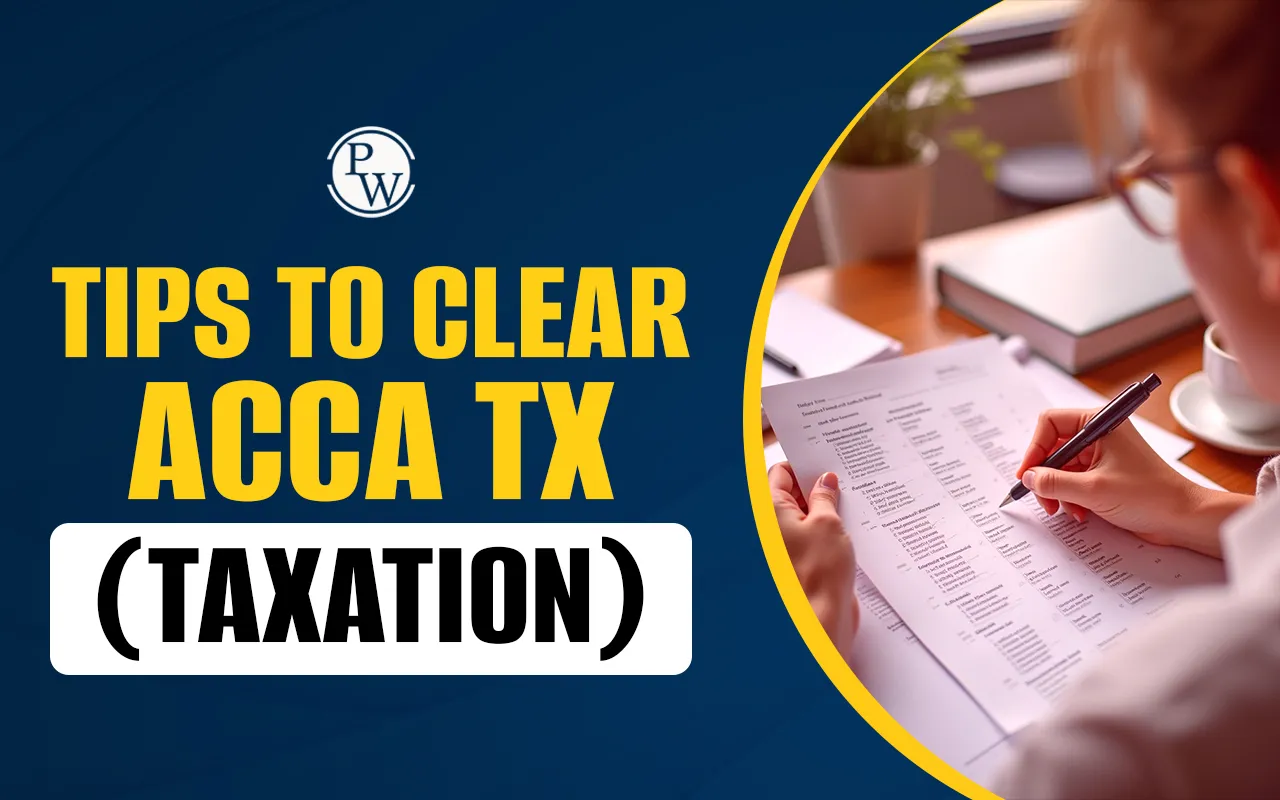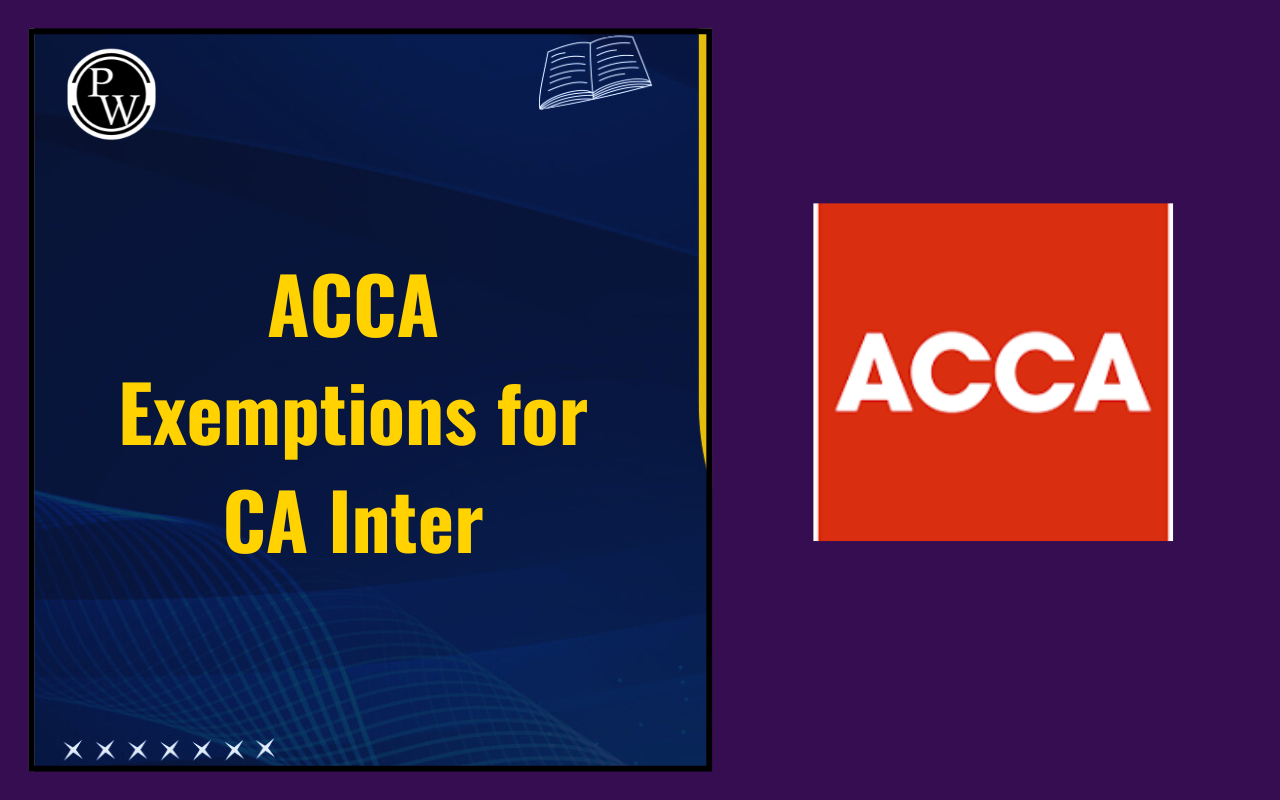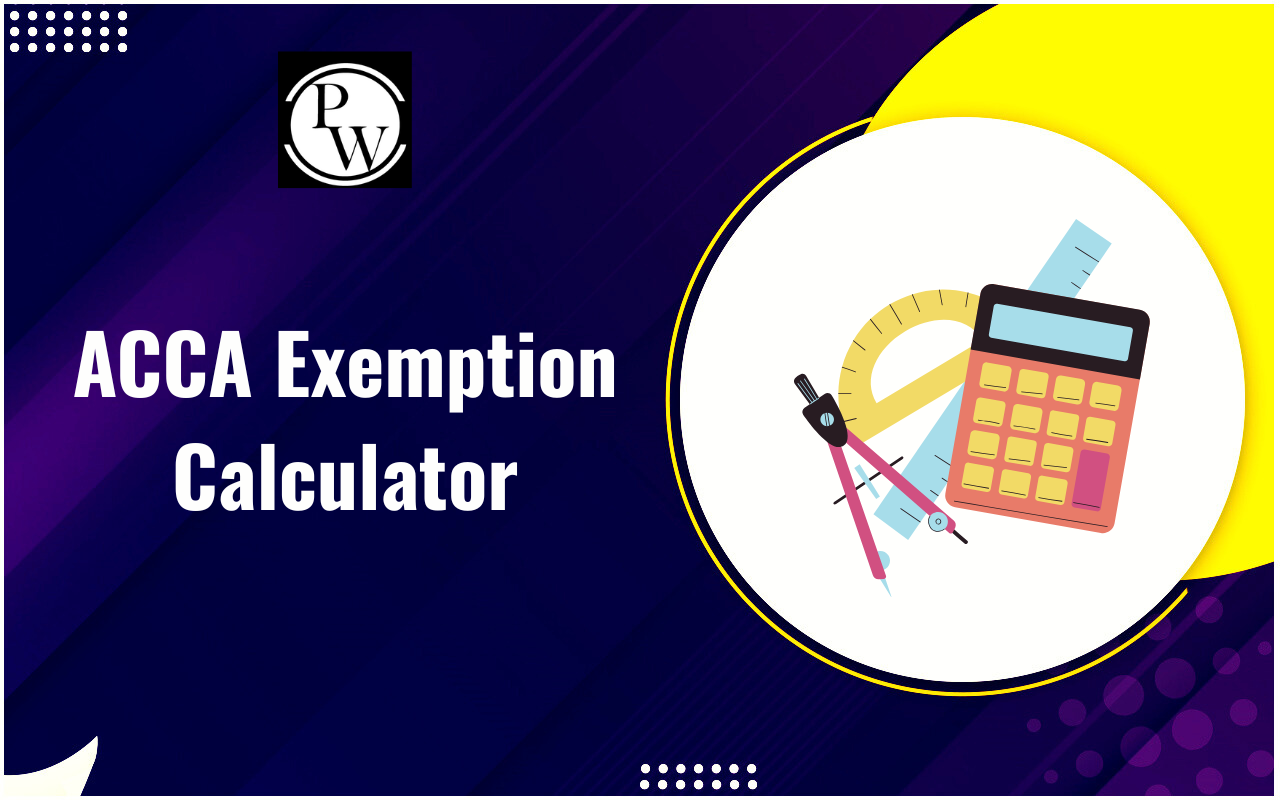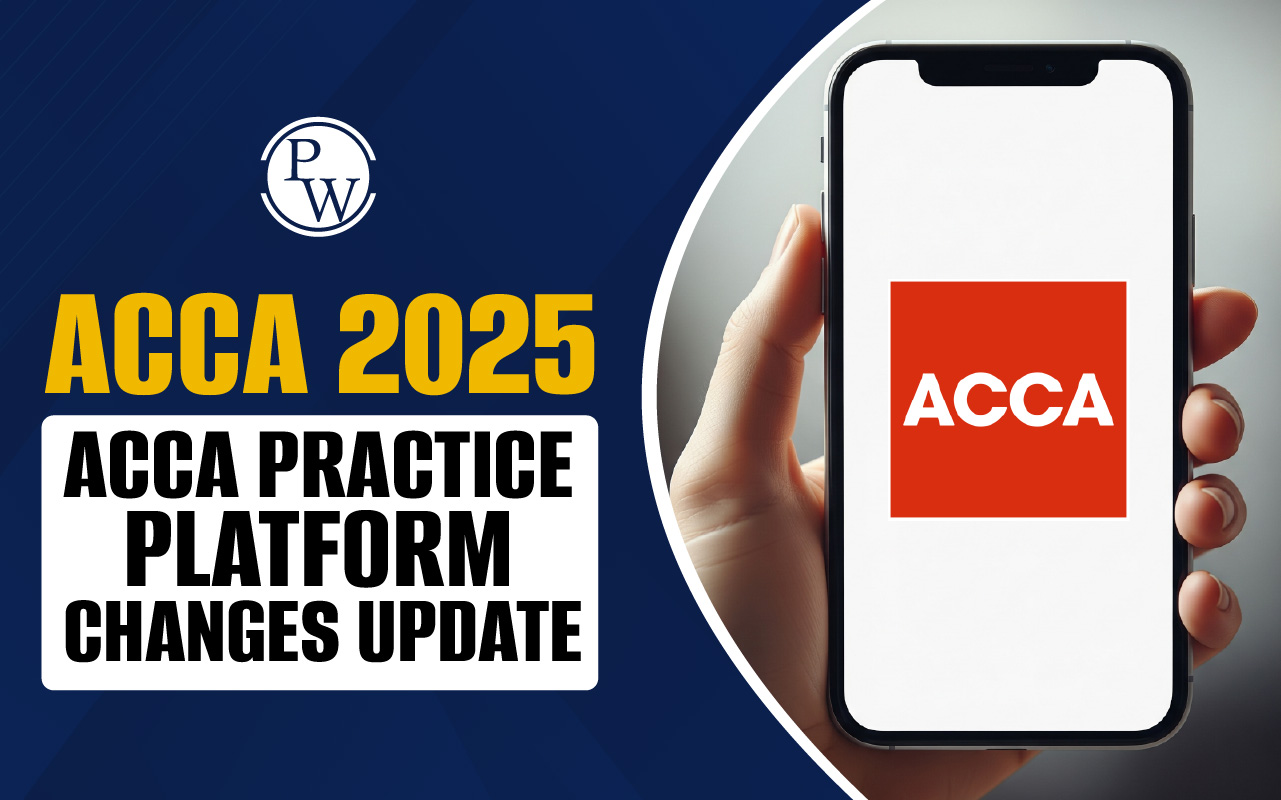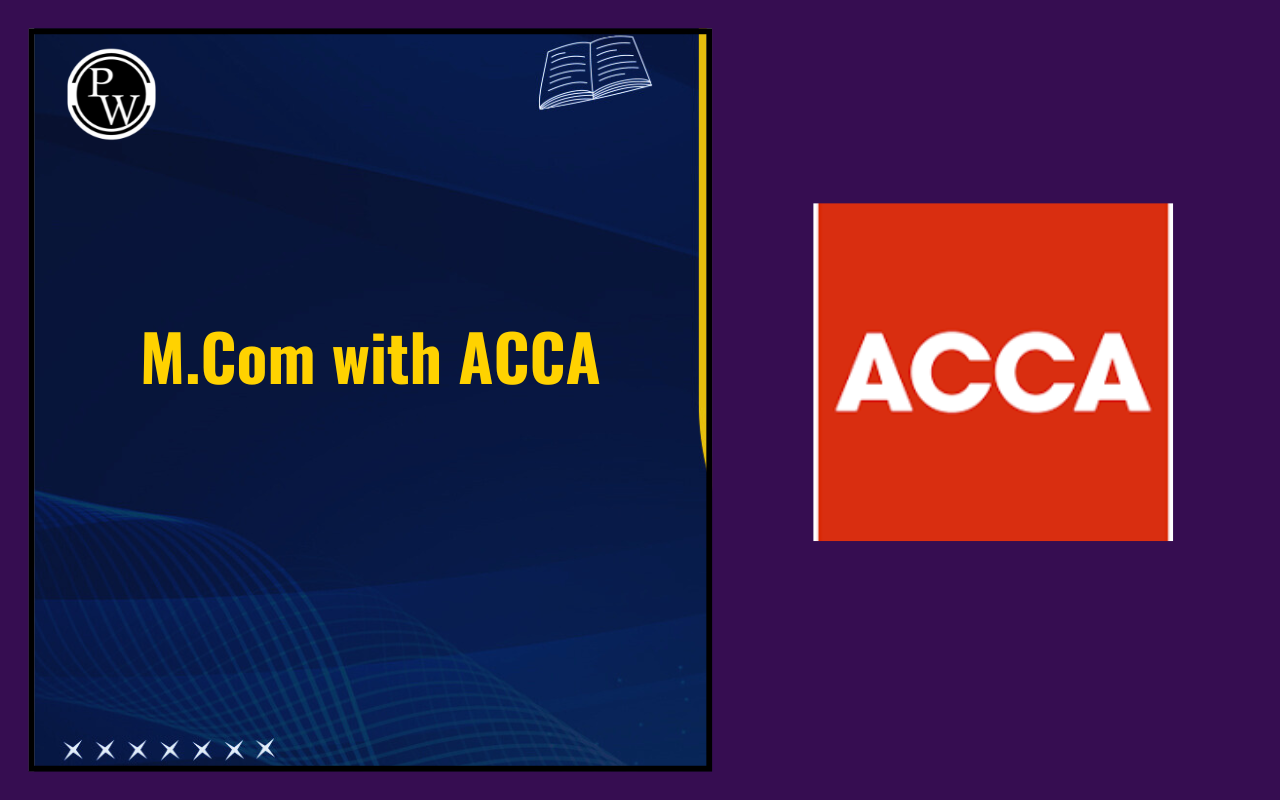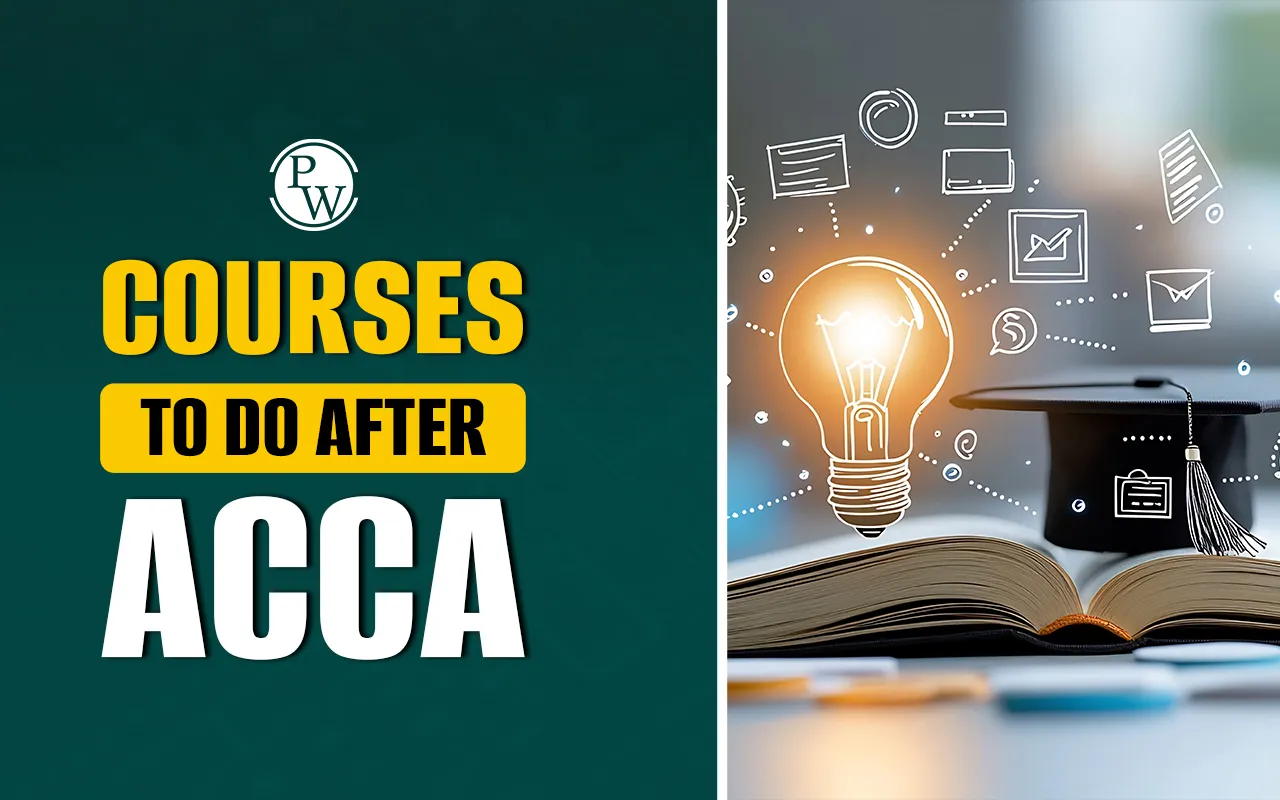
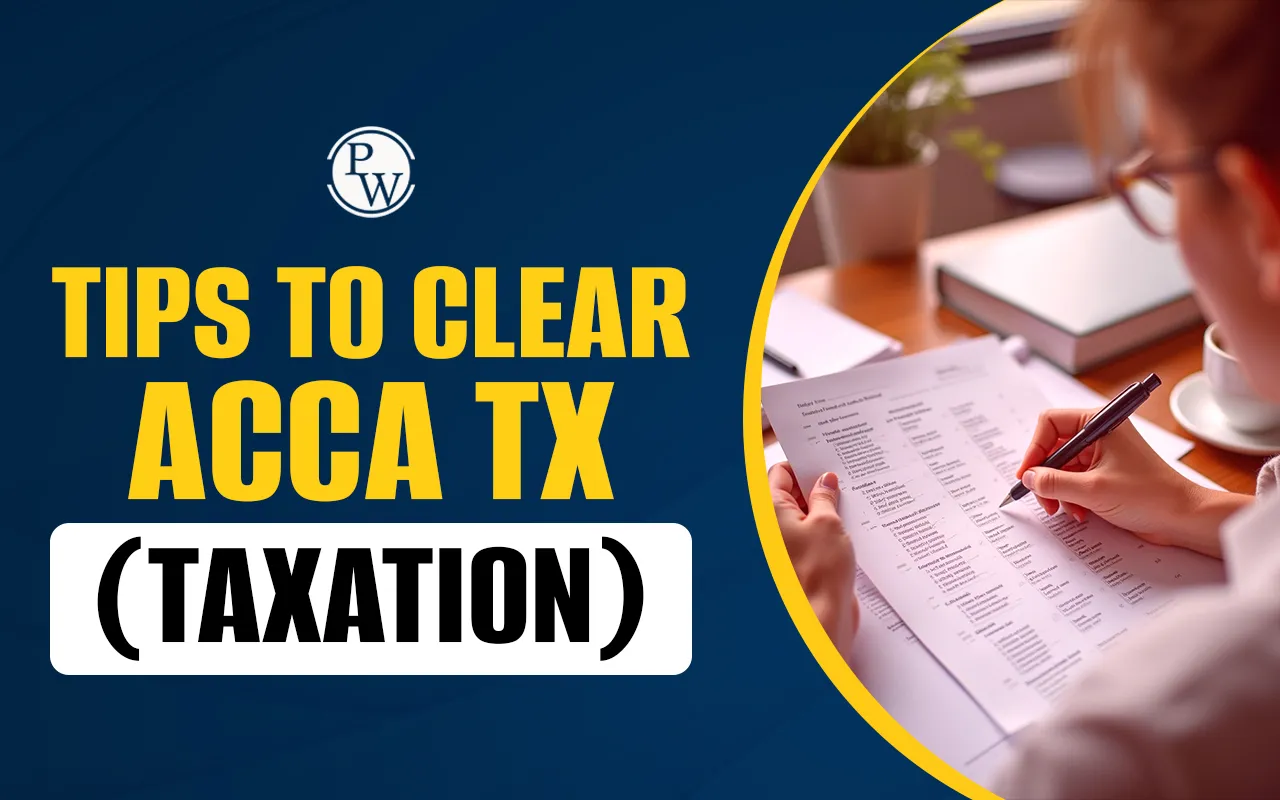
ACCA Taxation Tips: Many students find ACCA TX challenging. The exam has a wide syllabus and tests both knowledge and application. But with the right plan, students can clear it on their first attempt. This article will share simple ACCA Taxation Tips that anyone can follow. The language is easy, and the focus is on step-by-step guidance. Students will learn how to prepare, practice, and perform in the exam. Whether they are sitting the paper for the first time or resitting, these ACCA Taxation Tips will guide them. With consistent effort, clearing the ACCA TX exam is possible. Pay special attention to core areas like income tax ACCA, corporation tax, and VAT. These areas carry heavy weight in the exam.
ACCA Taxation Tips
The ACCA TX exam is part of the Applied Skills level. It prepares students for higher-level papers such as Advanced Taxation. The syllabus is broad and covers many taxes. Students will study income tax ACCA, corporation tax, inheritance tax, capital gains, and VAT. The exam format has three sections. Sections A and B are objective test questions, while Section C has long-form constructed responses. To pass, students need at least 50%. With structured preparation and effective ACCA Taxation Tips, they can achieve this target.
Tips to Clear ACCA TX
Below, we’ve mentioned some simple but effective strategies that will make students’ preparation easier and more focused.
1. Start Early and Plan
The first and most important ACCA Taxation Tips is to start early. The syllabus is huge, and students cannot cover it in just a few weeks. Give themself at least 12 weeks of preparation. Spend the first 8 weeks learning topics and the last 4 weeks on revision and practice. For example, start with income tax ACCA rules, allowances, and reliefs. Then move to corporation tax and VAT. Create a timetable and stick to it. Consistency will reduce last-minute stress.
2. Cover the Full Syllabus
Skipping topics is risky. Another strong ACCA Taxation Tips is to study the whole syllabus. The exam is 100% compulsory questions, so students cannot choose what to answer. Questions may come from any part of the course. If they ignore capital gains or inheritance tax, students might lose easy marks. Focus on areas like income tax ACCA, and corporation tax, as they often appear in Section C. But also revise smaller areas like VAT and NIC. Covering everything gives them confidence and flexibility.
3. Understand the Exam Format
One of the practical ACCA Taxation Tips is to learn the exam format well. Section A has 15 objective test questions worth 2 marks each. Section B has 3 case scenarios, each with 5 questions worth 2 marks. Together, these sections carry 60 marks. Section C has three long questions: one worth 10 marks and two worth 15 marks. These require calculations and explanations. In the ACCA TX exam, income tax and corporation tax are common in Section C. Knowing this structure helps students plan their practice and exam strategy.
4. Focus on Objective Test Questions
Students often ignore objective tests because they seem simple. But they carry 60% of the marks. Another key ACCA Taxation Tips is to practice OTs regularly. These questions require accuracy. If students miss one part of the calculation, they may lose all the marks. When working on income tax ACCA OTs, check each step carefully. In ACCA TX exam case questions, read the scenario slowly. Look for details about income sources, tax years, or exemptions. Careless mistakes cost easy marks.
5. Practice Daily
Practice is the backbone of success. Among all ACCA Taxation Tips, this is the most powerful. Students cannot just read notes and expect to pass. They must solve questions daily. Start with smaller ones and build up to longer case scenarios. Use past papers and revision kits. For income tax ACCA, always use a pro-forma layout. Show total income, deductions, allowances, and taxable income clearly. This makes students’ work easy to check. The more students practice, the faster and more accurate they will become.
6. Manage the Time Well
Time management is another crucial ACCA Taxation Tips. The exam is 180 minutes long and worth 100 marks. That means students should spend about 1.8 minutes per mark. Do not spend 30 minutes on a 10-mark question. Divide their time fairly. In the ACCA TX exam, start with the questions they are confident about. This builds momentum. Always keep an eye on the clock. Good time management ensures students attempt all questions and don’t leave easy marks behind.
7. Read the Requirement Carefully
Students lose marks because they rush. One of the smartest ACCA Taxation Tips is to read carefully. In Section C, the requirement tells students exactly what to do. If the question asks for taxable income, do not waste time writing about rules. If it asks for an explanation, do not just show numbers. In income tax ACCA questions, read about the person’s situation. Are they employed, self-employed, or both? This detail changes the answer. Always answer what is asked.
8. Use Clear Layouts and Structure
Presentation matters. Another ACCA Taxation Tips is to use clear layouts. For calculations, use headings and sub-totals. For example, in income tax ACCA questions, write employment income, trading income, and property income, and then add them. Deduct allowances and reliefs step by step. For written answers, use short sentences and bullet points. This helps the examiner understand quickly. A neat answer often gets better marks than a messy one.
9. Apply Knowledge to Scenarios
Memorizing rules is not enough. The ACCA TX exam tests the application. Another key ACCA Taxation Tips is to apply knowledge to real cases. For example, don’t just write the rule about capital allowances. Show how they apply to the company in question. In income tax ACCA cases, explain how personal allowances reduce taxable income. Linking their knowledge to the scenario shows true understanding.
10. Learn from Mistakes
Mistakes are learning opportunities. Another simple ACCA Taxation Tips is to review errors. When students get a question wrong, don’t move on quickly. Check the solution. Ask themself why they went wrong. Did they forget a rule? Did they miss a detail in the case? In income tax ACCA practice, maybe they forgot NIC or a relief. Note these mistakes and avoid repeating them. Over time, students will improve and reduce errors.
11. Revise Smartly
Revision is not just reading notes again. Smart revision is another useful ACCA Taxation Tips. In the last four weeks, focus on exam-style practice. Attempt mock exams under timed conditions. Review examiner’s reports to understand common mistakes. Spend extra time on weak areas. For example, if income tax ACCA is their weak spot, practice more of those questions. Revision should sharpen their exam skills, not just refresh memory.
12. Stay Calm During Exam
Stress can ruin performance. One of the most practical ACCA Taxation Tips is to stay calm. Before the exam, take deep breaths and relax. Read each question slowly. Don’t panic if students see a difficult question. Move on and come back later. In ACCA TX exam, easy marks are spread everywhere. Collect as many as they can. A calm mind helps them think clearly and apply knowledge correctly.
13. Focus on Key Topics
While they must cover the full syllabus, some topics are more common. Another focused ACCA Taxation Tips is to pay special attention to income tax ACCA and corporation tax. These areas almost always appear in Section C. VAT is also very common. Make sure they know deadlines, exemptions, and penalties. Having a strong grip on these topics gives them an edge.
14. Use the Right Resources
Good resources make learning easier. Another strong ACCA Taxation Tip is to use approved materials. Kaplan and BPP revision kits are popular. Use online lectures and ACCA technical articles for guidance. Practicing with CBE software is also important. In the ACCA TX exam, students must be comfortable with the online tools. Using the right resources saves time and builds confidence.
15. Stay Consistent and Positive
The last ACCA Taxation Tips is about mindset. Stay consistent with their study plan. Do a little every day instead of cramming at the end. Believe in themself. Many students clear the income tax ACCA, and other tough parts with discipline and practice. Confidence and positivity make a big difference.
Clearing the ACCA TX exam is not about luck. It is about preparation, practice, and exam technique. Follow these ACCA Taxation Tips to build strong knowledge and confidence. Start early, cover the full syllabus, and practice daily. Focus on income tax ACCA, corporation tax, and VAT, as they carry high weight. Manage their time, use clear layouts, and always apply knowledge to scenarios.
ACCA Taxation Tips FAQs
What is the best way to start preparing for the ACCA TX exam?
How important are objective test questions in ACCA TX?
Which topics are most important in the ACCA TX exam?
How can I manage my time in the ACCA TX exam?

